Young generation must research on qawwali to understand it, says Rauf Saami
Leading an ensemble of eight accompanying musicians, the Saami brothers are vocalists and prefer to sing original songs. They belong to the 800-year-old Qawal Bachon Ka Gharana of Delhi.
They are direct descendents of Mian Samaat, one of the earliest apprentices of Hazrat Amir Khusro, from whom qawali originated.
In those times, it was called Mehfil-i-Sama and genre was given the name ‘qawali’ by Hazrat Nizamuddin Aulia.
Dawn caught up with Rauf Saami before a performance in Islamabad recently where he talked about his family’s contribution to qawali.
How did qawali start and how has it changed over the years?
Earlier, the power of qawali was realised in terms of bringing people closer to God and his prophet as well as to the message of Sufi saints. Hazrat Amir Khusro prepared a few qawwals called the ‘qawwal bache’ who took the qawali art form to the masses which is how qawali started.
Regardless of whether you are an adherent of Sufism or not, the experience of qawali music is unique, inspiring and inclusive. However, it has to be performed the right way. In a mehfil, it triggers a feeling of a connection with God and his messengers. It all comes from the Almighty when a qawali really takes you on a journey into a transcendent zone of calm, peace and tranquillity.
Why is clapping important in qawali?
There are three major elements in qawali- the vocals, instruments and the clapping or taal and the third is as technical as the other two components. The taal deney waley provide the rhythm and aid percussion with clapping.
The clapping creates an overwhelming atmosphere and it is the oldest act in qawali, older than the harmonium which was introduced several hundred years ago.
Clapping is the oldest act in qawali, older than the harmonium which was introduced several hundred years ago.
How is the younger generation adopting this form of music and what will you like to say to them?
Qawali has attracted more audiences since 1999, especially the younger generation and has also attracted more patrons.
They are listening to it as if they are seeking the truth. But our message is this. Qawali has changed over the years like all other things and forms of music.
It is important that fans read up and research on qawali to fully understand what it is and how it connects a person with God and his messenger and to understand what the Sufi saints wanted to say.
Originally published in Dawn, May 18th, 2017





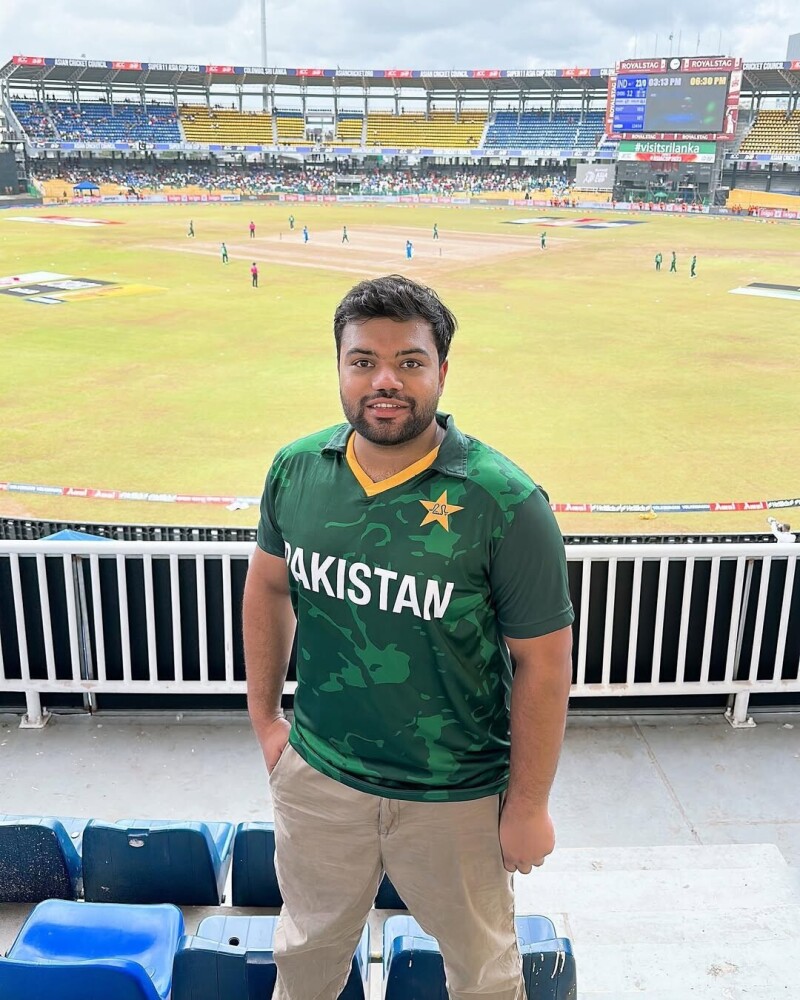
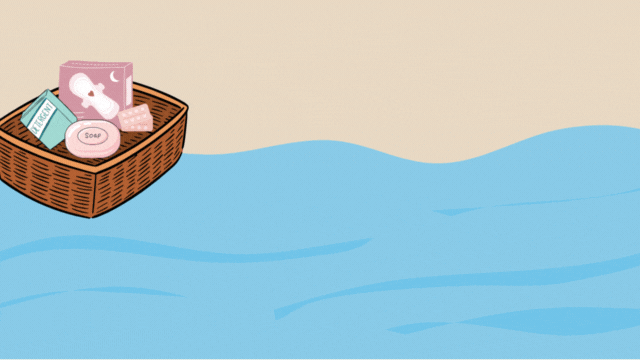
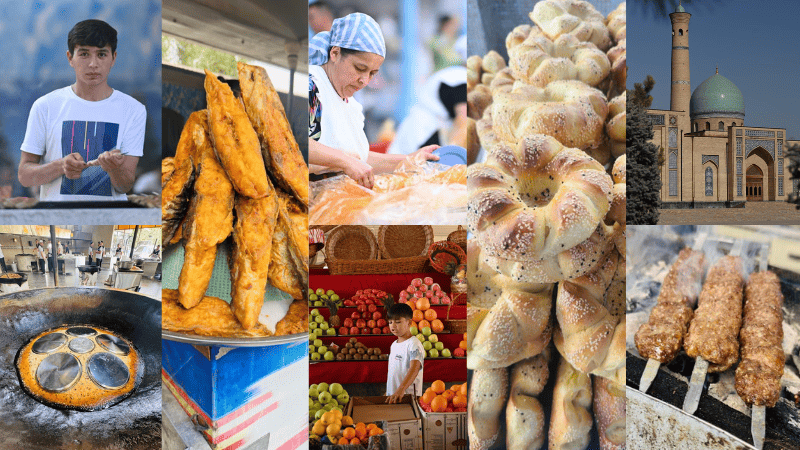


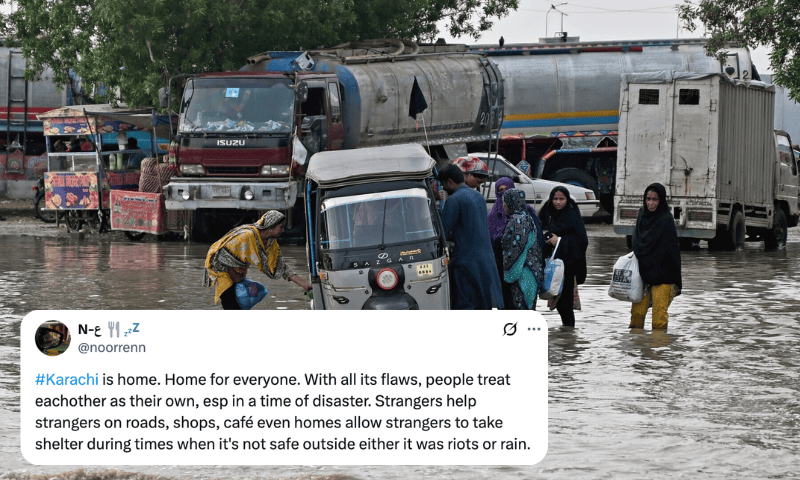

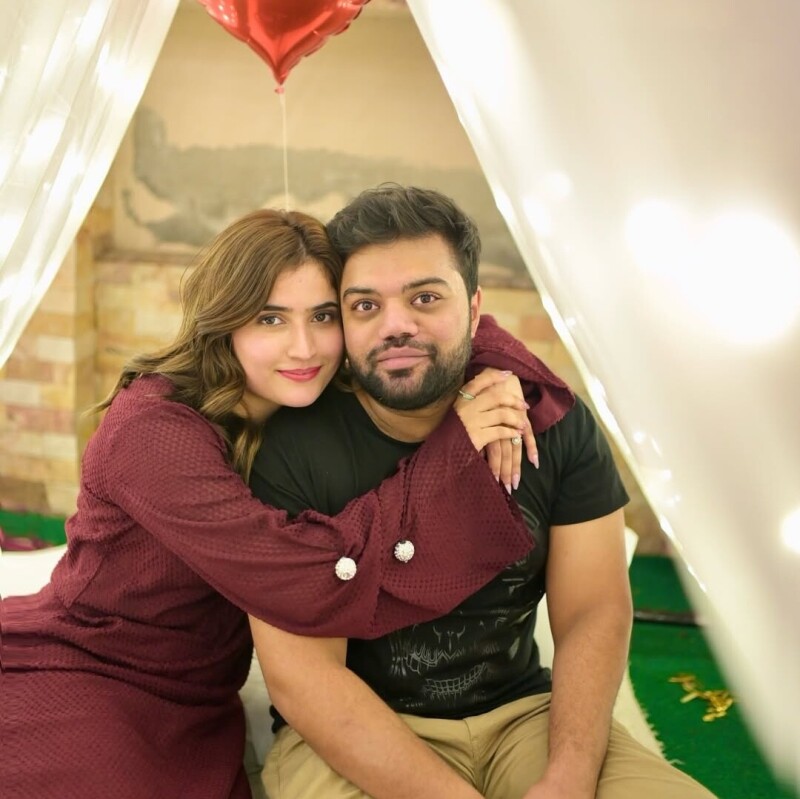
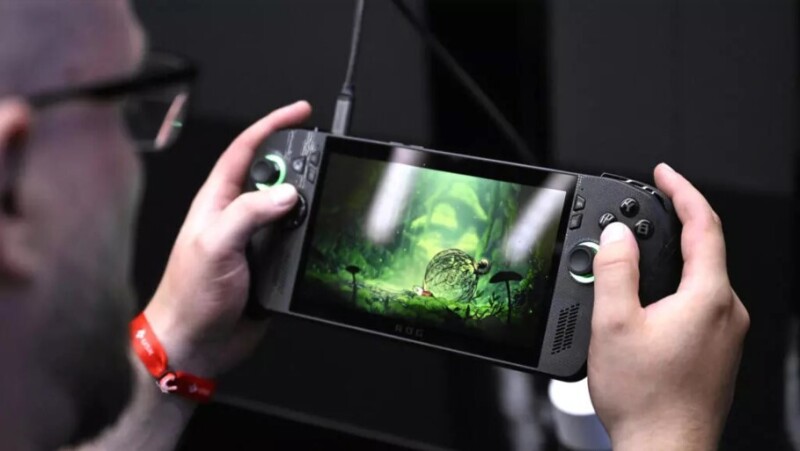
Comments